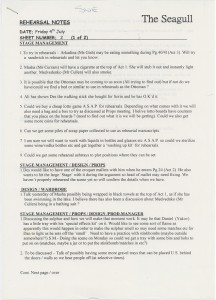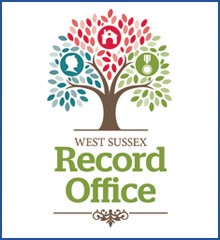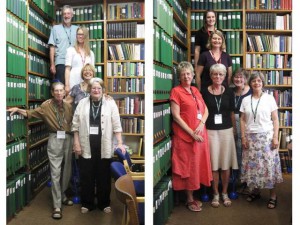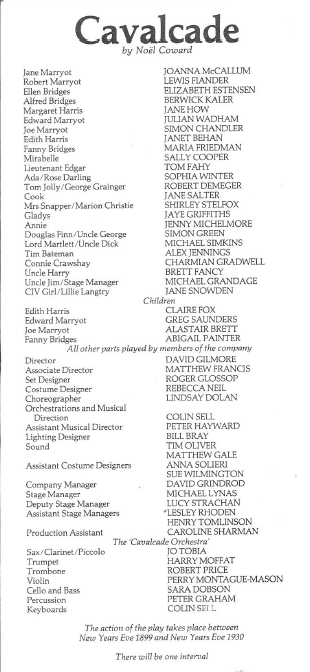
As I was working my way through press cuttings released by the Chichester Festival Theatre in 1985, an odd request appeared. The producers of Cavalcade were looking for authenticity on stage. In going the extra mile so to speak, an Edwardian street scene required not only the actors of the human nature but also a monkey. Preferably alive and able to sit on top of a barrel organ in front of a live audience. I was a little taken aback by that revelation as I was unsure how many monkeys still performed this kind of work in 1980’s Britain, let alone if one was available to perform on a daily basis. However, the theatre was determined to find one. If indeed they did, I’d love to know.
It is this kind of weird and wonderful information that can be found within the CFT archive held at West Sussex Record Office, which I have been cataloguing since the beginning of October. The material is held in many boxes, through which I am now spending time going through in detail.
A variety of material has been found in the theatre collection including programmes, posters, newspaper articles, prompt scripts and photographs. All tell the vibrant story of productions and those who performed within them. Laurence Olivier, Derek Jacobi, Alistair Sim, Joan Plowright,Christopher Timothy, Peter Egan, Richard Briers Patricia Hodge, Patricia Routledge and so many others.



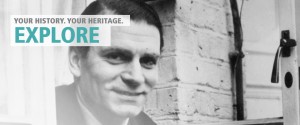 By the community, for the community.”
By the community, for the community.”